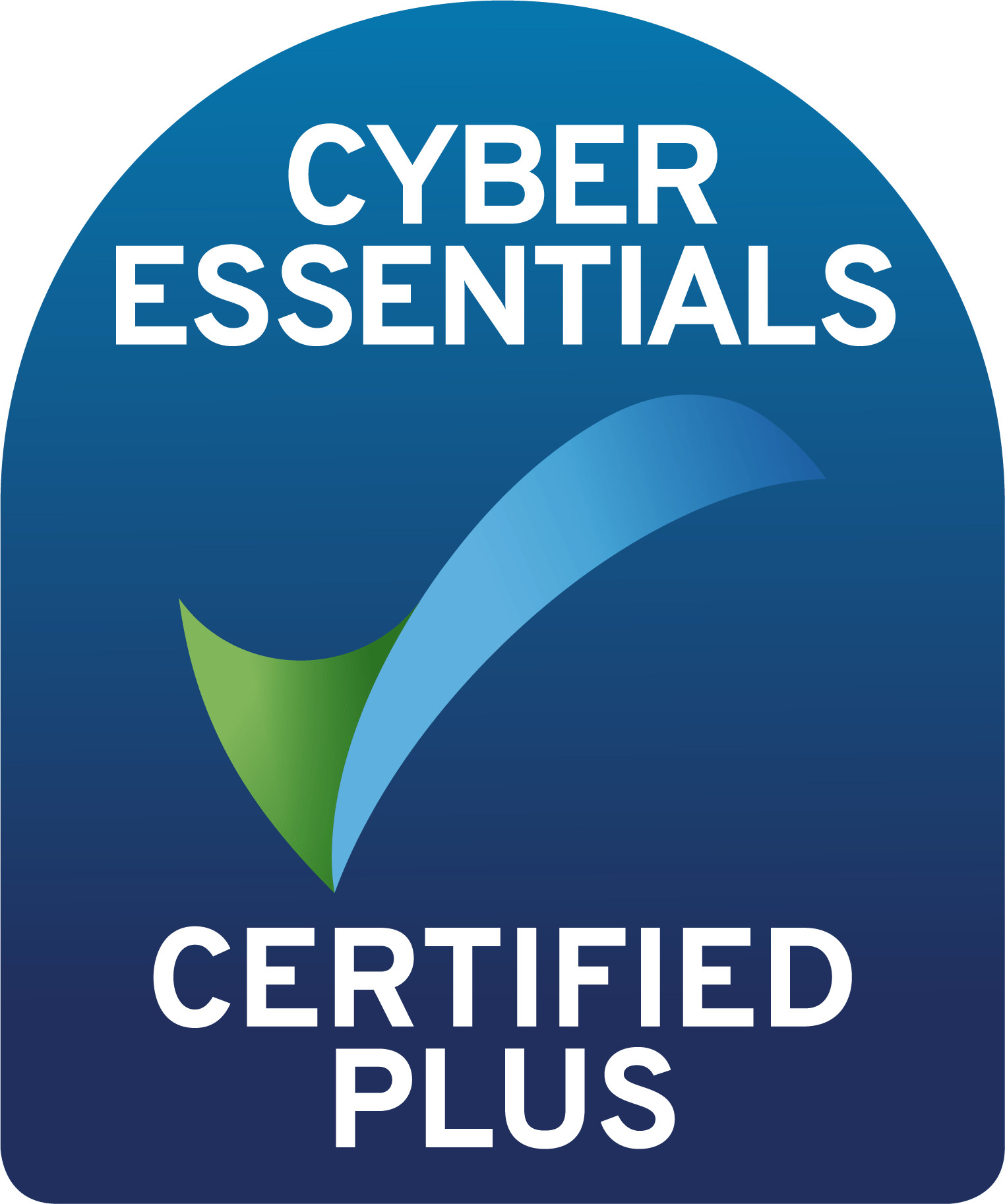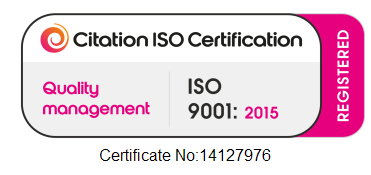Last year 14 people per week 52 weeks a year left our services substance free and did not return to treatment.
First registered as a charity in 1985, we have over 35 years experience when it comes to working with people struggling with substance misuse. More than thirty-five years of understanding real people, listening to their stories and helping them back on their feet.
We’ve learned a lot over those years and all our experience is channelled into everything we do.
So, whether you’re an individual or an organisation you can be assured that we know what we’re doing.
Our mission statement lays out not only our objective but how we deliver.
Whether you are an individual or an organisation, we know that the best results come from working in partnership with you.
We know that no person or organisation is exactly the same and so no solution will be exactly the same. That means listening to you.
You know your circumstances better than us and you know what you want to achieve.
Our expertise allows us to work with you to find a solution that suits you.
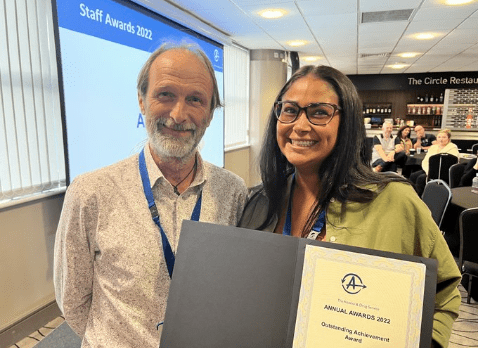
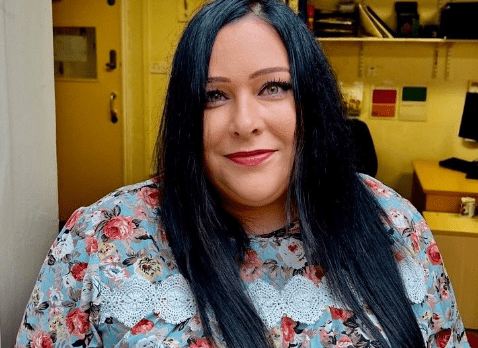
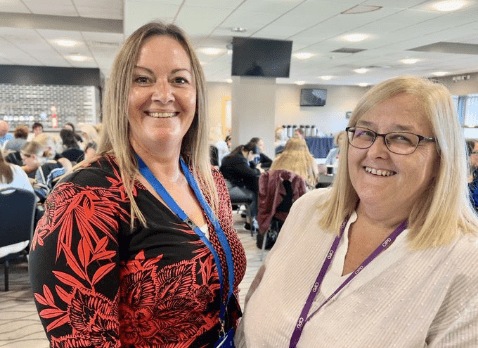
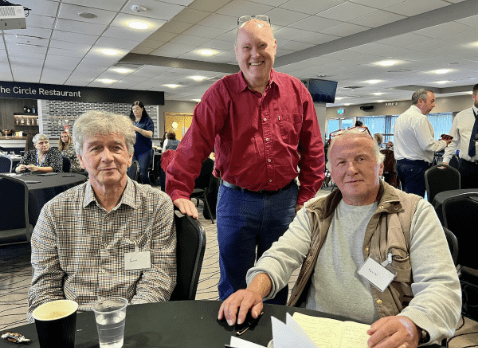
Last year 14 people per week 52 weeks a year left our services substance free and did not return to treatment.
People in our services make substantial progress while they are with us.
Across all our services 52% of people are making substantial progress
In our highest performing service 68% of people are making substantial progress
During 2023, Generis delivered training to over 1,000 individuals from a wide range of Statutory (Local Authority and NHS) and commercial organisations.
Our tutors receive on average scores of 9/10 for their training delivery and 10/10 for the usefulness of our courses.
